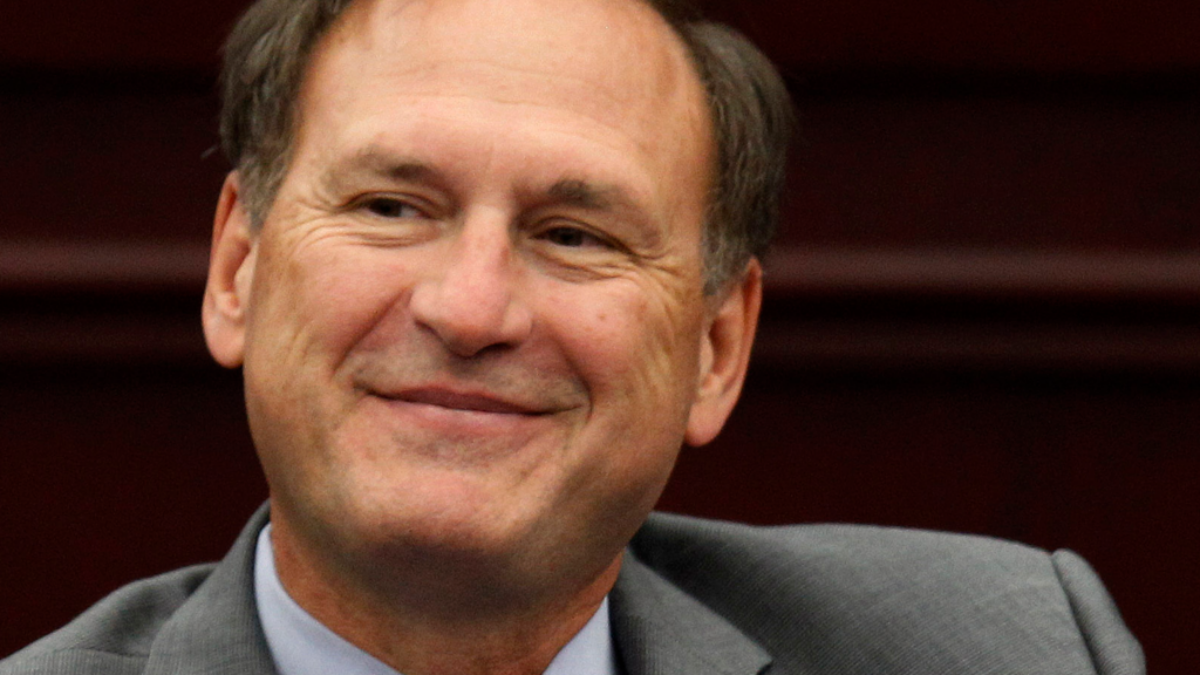President Joe Biden’s solicitor general defended an egregious Supreme Court precedent that upheld state-imposed racial segregation during oral argument in the abortion case Dobbs v. Jackson Women’s Health Organization on Wednesday.
U.S. Solicitor General Elizabeth Prelogar argued that Planned Parenthood v. Casey rightly upheld Roe v. Wade in accordance with stare decisis, or binding precedent, saying that if the justices had overturned Roe based solely on the belief that it was wrongly decided, that would have been detrimental to the rule of law. This led Justice Samuel Alito to press the Biden appointee on erroneous precedents.
“Is it your argument that a case can never be overruled simply because it was egregiously wrong?” Alito asked, to which Prelogar said states would at least have to have come forward with materially new arguments or circumstances that warrant overruling.
“Really? So suppose Plessy v. Ferguson was re-argued in 1897, so nothing had changed,” Alito postulated, referring to the atrocious case that had enshrined state-imposed racial segregation just one year prior in 1896. “Would it not be sufficient to say, ‘That was an egregiously wrong decision on the day it was handed down, and now it should be overruled’?”
Prelogar conceded that “it certainly was egregiously wrong on the day that it was handed down,” but refused to say it should have been overturned simply on its merits if nothing else had changed. Instead, she appealed to later Supreme Court precedent in Brown v. Board of Education in 1954, which ruled that racial segregation in government schools violated the Fourteenth Amendment and overturned Plessy.
“So is it your answer that we needed all the experience from 1896 to 1954 to realize that Plessy was wrongly decided?” Alito asked, doubling down on his original question.
Prelogar once again acknowledged that the case was wrong but pointed to Brown v. Board as the remedy, saying that all the factors of stare decisis would have resulted in Plessy inevitably being overturned because that decision “[ran] counter to any notion of reasonable reliance” and was “not a workable rule.”
“Well, there was a lot of reliance on Plessy,” Alito pushed back, citing the South’s “whole society based on the idea of white supremacy.”
Alito tried his original question one more time — and in clinging to abortion precedent, Prelogar couldn’t bring herself to admit that cases should ever be overruled strictly because they are egregiously wrong.
“This court, no, has never overruled in that situation just based on the conclusion that the decision was wrong. It has always applied the stare decisis factors and likewise found that they warrant overruling in that instance,” Prelogar said. “If stare decisis is to mean anything it has to mean that that kind of extensive consideration of all of the same arguments for whether to retain or discard a precedent itself is an additional layer of precedent that needs to be relied on and can form a stable foundation of the rule of law.”
In other words, like Roe, even though the Plessy decision was appalling — and in that case racist — Prelogar defended it being upheld for nearly 60 years simply because it was precedent.
As the court considers a ruling in the Dobbs case, let’s hope the justices stand with preborn babies and the constitution, not with Biden’s appointee and racist case law.









